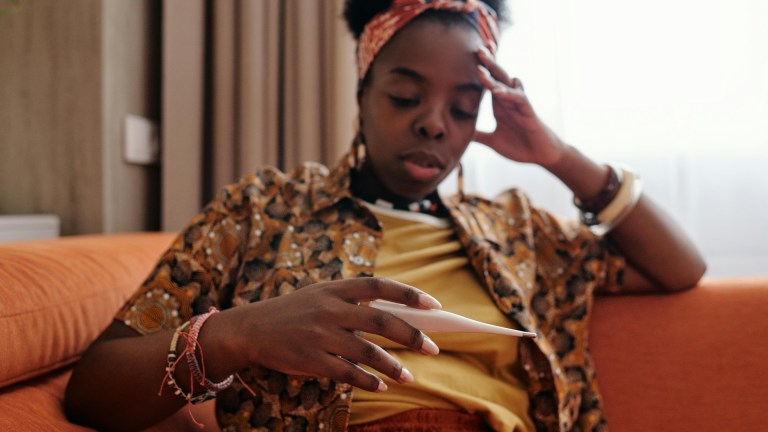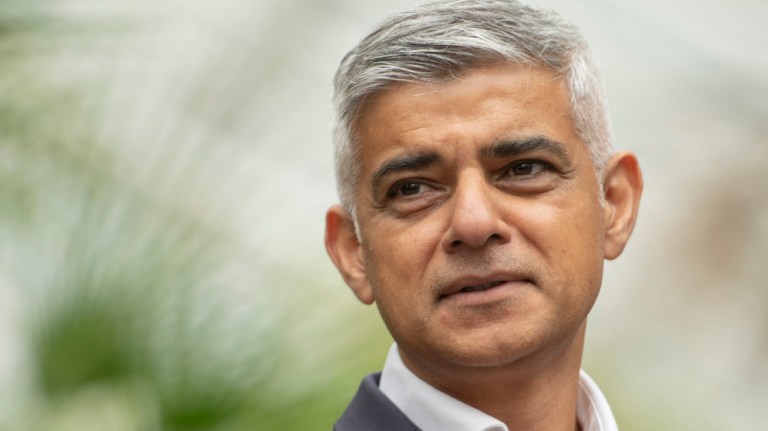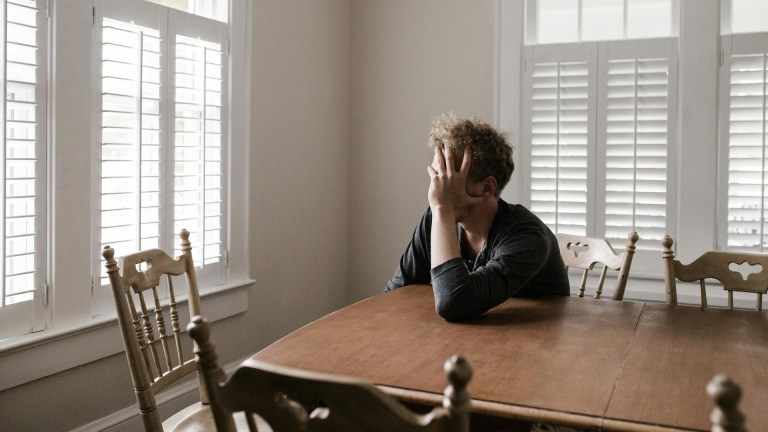“We have seen how the NHS has risen to the scale of the Covid crisis for adults,” she added.
“We owe children, who are suffering the secondary consequences of the pandemic, a mental health service that provides the help and support they need.”
Over lockdown, I feel like I’ve changed, I feel like a different person
The study uses figures dated up to March 2020, but said other research pointed to worsening mental health among kids throughout the pandemic.
A NHS study conducted in July found significant mental health conditions among children had risen by 50 per cent compared to three years earlier. There has already been a spike in referrals to services since Autumn, Longfield said.
Major disruption to two years of school, isolation from friends and worrying about family have taken a “heavy toll” on many children, it said.
But only around one in three children who needed mental health support used services last year, the report said, with those that did still forced to wait weeks or months for treatment. Only a fifth of children started treatment within four weeks of being referred to services.
The report quotes 17-year-old Lucas, in the South West of England, who said lockdown has been “emotionally draining”.
“It’s like I’m always tired and I’ve got a constant headache,” he added. “I don’t talk to anyone about my mental health and I struggle to open up about it.”
Meanwhile 11-year-old Ella, on Merseyside, said: “Over lockdown, I feel like I’ve changed, I feel like a different person. Everything has changed.”
“This worrying report highlights the scale of the challenge services will face as we emerge from the pandemic,” YoungMinds campaigns director Tom Madders told The Big Issue.
“We hear every day from young people who are deeply anxious about the future, self-harming or struggling to cope, and who will need ongoing support over the coming months and years.
Lockdowns have taken income away from hundreds of Big Issue sellers. Support The Big Issue and our vendors by signing up for a subscription.
“As the report shows, young people have historically found it too difficult to access to mental health support. The Government must take urgent action not just to accelerate improvements to NHS services, but to ensure that early support is available through schools and local communities.
“Without a clear plan, we risk letting down a generation of young people.”
Local and national spending decisions are largely to blame for patchy support across England, the Children’s Commissioner said.
The report estimated area-specific NHS groups spend less than one per cent of their overall budget on children’s mental wellbeing. This compares to 14 per cent for adult services.
And a child’s chances of getting the treatment they need is largely dependent on where they live. In 70 NHS groups, at least 30 per cent of cases were closed before the children involved received any treatment. This grew to 48 per cent of cases in Herefordshire.
But some areas are going “above and beyond” what central Government has asked of them, the report said.
NHS South Tees, in the North East, performed best overall for children’s mental healthcare. It spent £104 per child and supported 7.2 per cent of under-18s, who waited an average 30 days for treatment.
But in NHS Greater Preston, 0.7 per cent of the budget goes to children’s mental health and £45 spent per child. Services treated around 3.6 per cent of children in the area, but they faced a 69-day wait to be seen.
“Even before the Covid pandemic, we faced an epidemic of children’s mental health problems in England. And a children’s mental health service that, though improving significantly, was still unable to provide the help hundreds of thousands of children required,” the Children’s Commissioner said.
“It is widely accepted that lockdown and school closures had a detrimental effect on the mental health of many children.
“Since the NHS study in July 2020 estimating one in six children in England have a probable mental health condition, we have had another long lockdown. Sadly, this will be causing even more damage to many children’s mental wellbeing and putting even greater strains on mental health services, potentially for years to come.
“That is why in the short term it is so important the Government sets out a roadmap that helps schools reopen over the coming weeks.
“In the longer term, the Government’s ‘building back better’ plans must include a rocket boost in funding for children’s mental health, to expand services and eliminate the postcode lottery. As an absolute minimum, all schools should be provided with an NHS-funded counsellor, either in school or online.”
The Government previously announced plans to roll out NHS counselling in schools in 20-25 per cent of 2023. The proposal is “not ambitious enough”, Longfield said.
“With the UK in lockdown, with schools closed to many and with children spending more time behind closed doors, it is vital this experience does not define a generation,” said Sir Peter Wanless, NSPCC CEO, ahead of Children’s Mental Health Week (February 1-7).
“The Government must bring forward a long-term recovery plan that funds local services so children and young people can access the specialist support that they need.”









